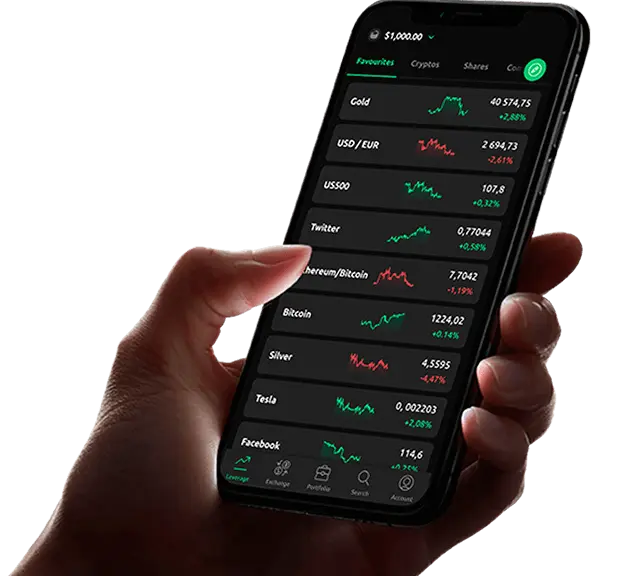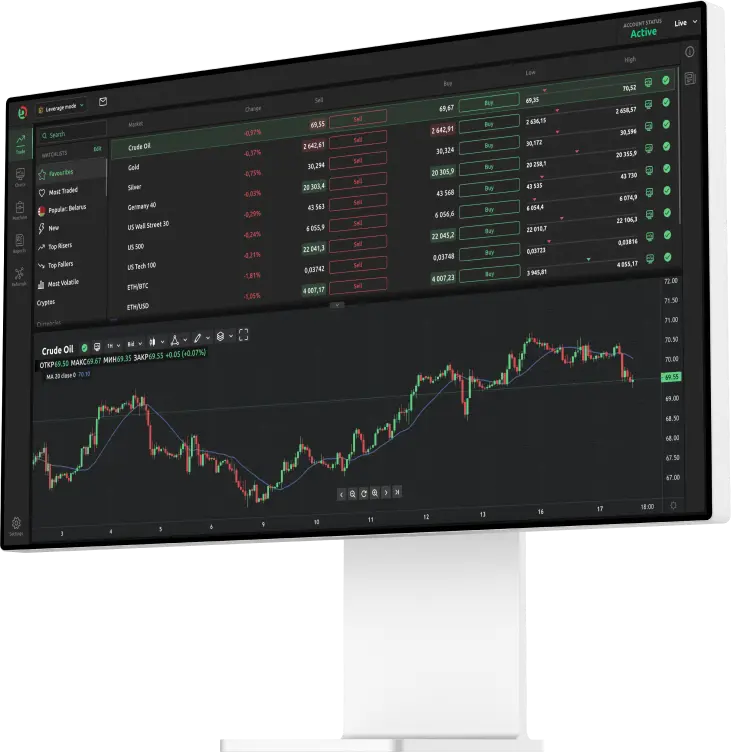By trading several asset classes, you can diversify your portfolio

An asset class is an investment category. The most common assets traded by investors to generate returns are stocks, bonds and cash (or cash-like investments such as money markets). Over the past two decades, a typical investment portfolio has grown in breadth to include real estate, commodities, futures and cryptocurrencies. Investment portfolios can contain both hard assets that are tangible as well as financially intangible assets.
The combination of different asset classes in conjunction with unique trading strategies can create a diversified portfolio that can withstand many market conditions. There are several reasons to purchase and sell the most popular asset classes including liquidity, diversification and return on investment.
Equities
Equities or stocks are shares in the profits of a public company. A public company is one that has issued shares to the capital markets on a public exchange such as the New York Stock Exchange or the London Stock Exchange.
Pros
- Equities provide several different types of shares, including large-cap, small-cap and mid-cap;
- Equities are generally liquid assets that are easy to buy and sell;
- There are also different sectors that companies focus on, including financials, energy, real estate investment trusts (REITs), discretionary, consumer staples, technology, utilities, communications, materials, and industrials;
- Equities generally provide above-average asset returns.
Cons
- Equities provide returns that are more volatile than other asset classes, including bonds;
- Most shares move in tandem with the broader markets.
Fixed-income securities
Fixed-income securities, such as bonds, pay a coupon to the owner on a fixed schedule. Bonds are similar to a loan except the borrower is a government or corporation. In return, you receive your initial investment back plus interest. Bonds generally do not provide an ownership stake in a company.
Pros
- Bonds pay a fixed return to investors;
- Bonds tend to be less volatile relative to other asset classes like stocks;
- Certain bonds can provide a level of income stability and liquidity.
Cons
- Bond prices decline when interest rates rise;
- The value of a bond is eroded by higher inflation.
Cash
Cash or a cash equivalent is money that is extremely liquid. When investors describe the returns on cash, it’s based on returns you could receive from a money market or bank account (or government treasury security). The returns are not based on the value of physical cash that you might hold in a personal safe or under your mattress.
Pros
- Cash is the most liquid of all the asset classes you can hold;
- Cash can reduce the volatility of your portfolio;
- Cash holdings provide you with the ability to take advantage of other investment opportunities when they occur.
Cons
- Cash generally provides a very low return on investment.
Real estate
Real estate is one of the most popular and oldest forms of asset class investments. There are several different categories within the real estate asset class including residential, commercial, industrial and retail. There are also several ways you can generate returns from real estate, including income from leasing (rent) or capital gains from an increase in the value of your property. Additionally, you can invest in a tangible real estate asset or buy shares in a real estate investment trust (REIT), which is a corporation that owns properties.
Pros
- You have complete control over your property;
- Real estate can provide monthly income from your tenants;
- Real estate ownership can provide tax benefits;
- You can insure your investment;
- REITs provide market liquidity.
Cons
- You might have to be a landlord as well as an investor;
- You need to find financing to generate a robust return on investment;
- A vacancy can interrupt your cash flow;
- You need to know several details about mortgages, titles, insurance and property law;
- Liquidity can be unpredictable, except for REITS.
Commodities
Commodities are either basic or intermediate goods that are used in commerce. Commodities are classified into sub-categories including:
- Precious metals;
- Base metals;
- Energy;
- Agriculture;
- Soft commodities.
In theory, commodities are fungible. This means there is little differentiation between them no matter if they are coming from two different producers. You can purchase and sell commodities that are tangible in a physical market. For example, you can purchase gold bullion and store it in your home before selling. You can also purchase futures contracts (a legal agreement to buy or sell a commodity at a predetermined time and price), exchange-traded funds (ETFs) or contracts for difference (CFDs) whereby any difference between the open and closing price of an asset is cash settled) that will provide you with exposure to certain commodity products.
Pros
- Most commodities are liquid assets (you can buy and sell them easily);
- Commodities can provide higher returns relative to other asset classes;
- Commodities can offer protection against rising inflation;
- Commodities provide diversification.
Cons
- Commodities can be volatile;
- Most commodities do not provide any income generation.
Futures contracts
A futures contract provides the right and obligation to purchase and sell an underlying asset on a specific date in the future. Futures contracts are generally traded on a regulated exchange. The exchange handles the reporting of transactions to regulators. An exchange will also describe the specifications of the contract.
Futures contracts track the underlying movements of assets including commodities, equities indices, shares, bonds, currencies and cryptocurrencies. Some futures contracts require physical delivery in a specific location, where others are completely financially settled.
Pros
- Futures contracts have robust liquidity;
- Futures contracts are regulated;
- Futures exchanges provide clearing and reporting;
- You can use leverage through a margin account when trading futures contracts.
Cons
- Some commodities require physical delivery;
- Liquidity is only active when an exchange is open;
- Most brokers require a minimum deposit.
Cryptocurrencies
Cryptocurrencies are digital currencies. Some of them are used as payment funds to buy goods and services. Some cryptocurrencies provide access to different platforms. The most liquid cryptocurrency is bitcoin.
There are a few ways you can trade cryptocurrencies. You can open a digital wallet that will also allow you to use your coins for payments. You can trade contracts for difference, which trade the movements of certain cryptocurrencies.
Pros
- Cryptocurrencies are an alternative asset that can help diversify your portfolio;
- Most cryptocurrencies have reasonable liquidity;
- You can trade cryptocurrencies using several methods.
Cons
- Cryptocurrencies are volatile;
- Cryptocurrencies are a relatively new asset class and acceptance has moved at a slow rate.
Takeaway
There are several different types of investable asset classes. Each asset class has several pros and cons. Holding several different assets classes can provide you with a diversified portfolio that can perform well over time and during different market conditions.
FURTHER READING: Portfolio diversification: What are the pros and cons?
FURTHER READING: What’s the difference between a share/stock and an exchange traded fund?

